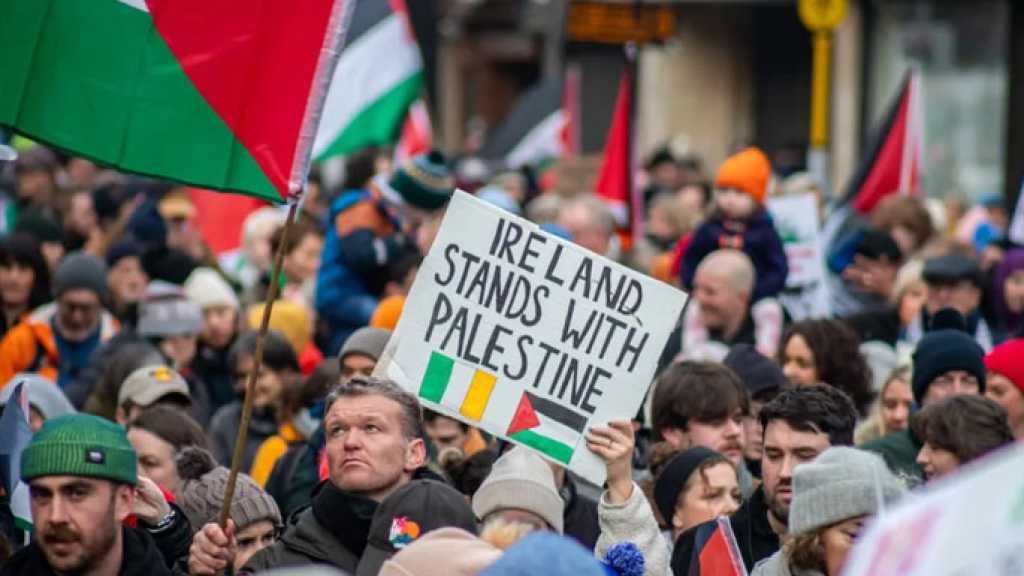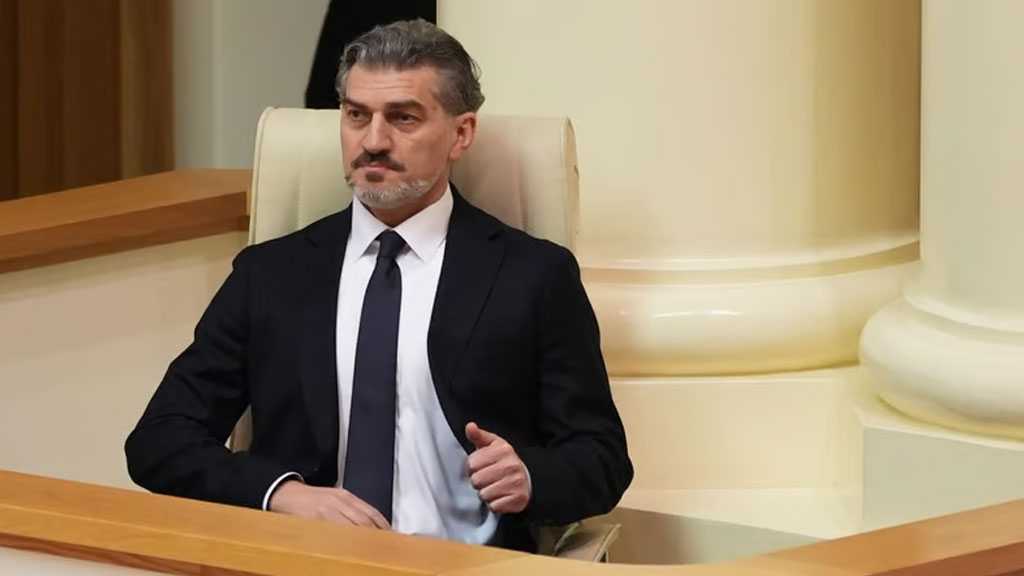Dutch Rights Groups Take Gov’t to Court Over Arms to “Israel”

By Staff, Agencies
Human rights groups are challenging the Dutch government in court, arguing it is complicit in “Israeli” violations of international law in Gaza by supplying F-35 fighter jet parts.
The suit, brought by Oxfam Novib, PAX and The Rights Forum, comes after a Dutch newspaper reported that the government allowed a delivery of the components despite foreign ministry lawyers warning that the “Israeli” entity was committing serious violations of humanitarian law.
The state made the order for the parts after the 7 October Operation Al-Aqsa Flood by Hamas resistance fighters. Sources told the NRC newspaper that officials were afraid of the consequences they would face if they refused.
The components, made by the US-based Lockheed Martin, are stored at a warehouse in the Netherlands and then shipped to Israel and other countries.
"The government allowed itself to be blackmailed by Israel and the US – at the expense of Palestinian lives," The Rights Forum has said.
Dutch authorities said last month that it was not clear whether the government had the power to intervene in the deliveries, part of a US-run operation that supplies parts to all F-35 partners.
"On the basis of current information on the deployment of ‘Israeli’ F-35, it cannot be established that the F-35 are involved in serious violations of humanitarian law of war," the government said in a letter to parliament.
But Liesbeth Zegveld, human rights lawyer for the plaintiffs, said: “It is clear that these planes are used above Gaza to conduct aerial bombardments and assist ground troops in Gaza as we speak”.
A verdict in the case is expected in roughly two weeks.
Last month, legal and human rights groups in the UK called on the British government to suspend all weapons export licenses to the “Israeli” entity over similar concerns as the Dutch groups.
According to the Campaign Against Arms Trade [CAAT], British companies provide 15 percent of the components for the F35 fighter plane.
The British groups said they would consider challenging the government in court if the licenses were not halted.
Comments
- Related News




